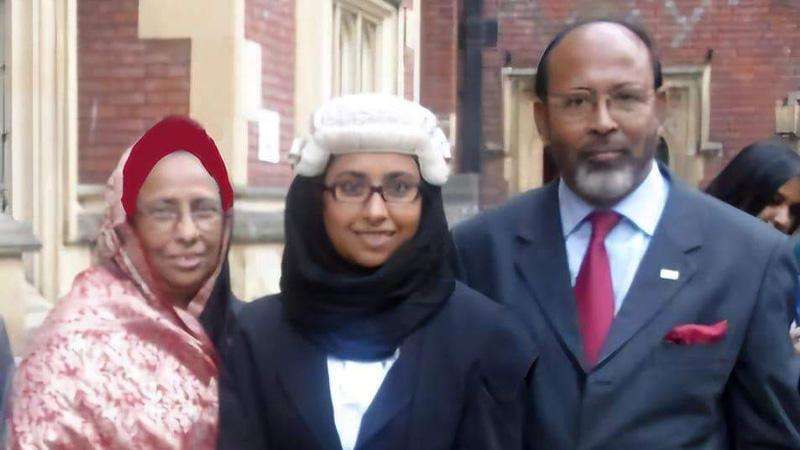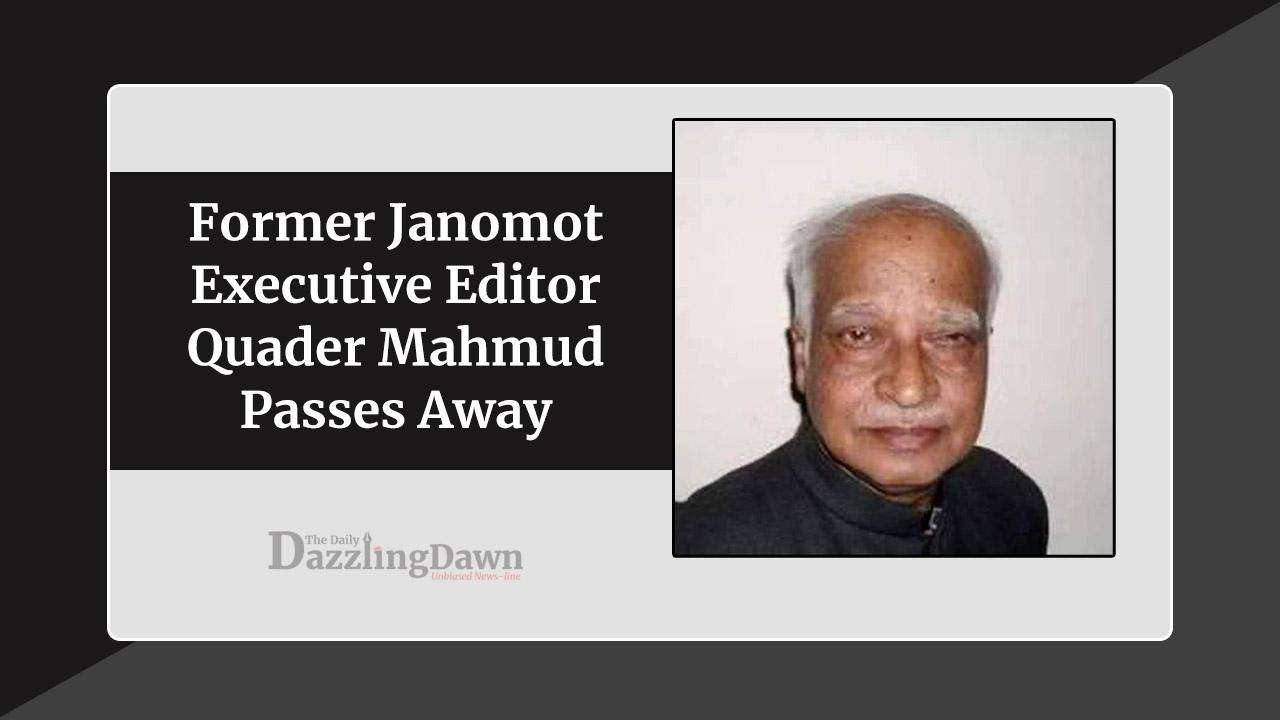I don’t want to exaggerate by calling him a superman, but by the time I finish sharing my memories, you may agree that he was nothing less than one.
As I try to recollect my earliest memories of my father, I remember him as a loving father of four daughters. Never once did I hear him complain about not having a son. While many friends and family members expressed their sympathy about this fact, my father never sighed or responded with regret. On the contrary, when my mother, influenced by traditional mindsets, occasionally shared her sorrow, my father would always comfort her, saying that his daughters were his four pillars of strength. In my eyes, he was a true feminist who stood by his beliefs both at home and outside.
He was passionate about ensuring that girls in his constituency received quality education up to the degree level. Tirelessly, he worked to build numerous educational institutions, with a special focus on women’s education. One of his dream projects was the Nari Shikha Academy, where he not only prioritized quality education but also aimed to make it a sustainable green institute, complete with ponds and trees. I vividly remember the day he bought hundreds of saplings from Dhaka, then traveled straight to Barlekha to plant them under the scorching midday sun. Although I was exhausted from the 6-7 hour journey, his enthusiasm was so infectious that I couldn’t help but join him and many students from the institution in planting them.
My father’s determination to make education accessible to everyone in Barlekha led to the creation of over seven colleges, 41 high schools, and countless other schools and madrasas during his political career. His zeal was so contagious that many proud citizens of Barlekha, both locally and abroad, donated land, money, and support to help bring his dream to life.
Speaking of his passion for greenery, it seemed that he was gifted with a green thumb. He was an avid gardener with a vast variety of plants in our Moulvibazar home. When he was at the peak of his legal career, he would come home from court late in the afternoon and go straight to work in the garden, often still in his court attire. I heard he even won one or two awards for his gardening skills. Thanks to his passion, despite living in a small town like Moulvibazar, we grew up eating rare vegetables such ascapsicum, squash, lettuce, zucchini, beetroot, and many others. Our humble home was also adorned with a variety of flowers in unique colors and fragrances. I still remember being mesmerized by a black rose that bloomed in a small pot in our ‘uthan’ (courtyard).
Few people were as hardworking as my father. While practicing law in Moulvibazar, he would start meeting clients immediately after waking up at 7 or 8 in the morning. Fortunately, his law chamber was in the front part of our home, and it would be filled with clients from far-flung areas very early in the day. He rarely had the chance to eat a proper breakfast, as he would be busy with clients and junior lawyers until the court clerks began calling to inform him that the court session had already started. Inthe evenings, the chamber would once again fill with people from all walks of life who came to discuss various issues with him. While he was undoubtedly a brilliant lawyer, as evidenced by the sheer number of clients he attracted, he was also deeply involved in numerous social and charitable initiatives. Tea was always made in large pots rather than kettles, and was served to a minimum of 50-60 people each evening. My mother would often make carrot or beet halwa in large ‘dekcis’ (pots), which would be finished in a single night when guests, such as players and organizers from the Wonders Club, visited our home. Though we didn’t always appreciate these gestures, especially since we often had to serve the guests ourselves due to a lack of household help, we recognized their importance.
After the evening crowd dispersed and night fell, my father’s juniors would return to the chamber, along with the typist uncle. My father would have a quick dinner and then start dictating court petitions, which were typed well into the early hours of the morning. We would fall asleep to the sound of the typewriter, which would often continue until 3 or 4 am.
Though I may not have enjoyed the constant stream of people in our home, I have fond memories of the many poor and helpless individuals who would bring chickens, eggs, or vegetables as tokens of appreciation for my father’s pro bono legal work. He always paid them before accepting their kind gestures. The most heartwarming moments were when these people, while I was playing in the porch in front of the chamber or in the courtyard behind it, would share their joy with me and offer heartfelt prayers for our family. My father became well-known for his pro bono legal work and made headlines for standing up for justice. One notable case was the Nurjahan murder case in 1993, when a poor village woman was stoned to death based on a fatwa. The case shocked the entire country.
I’m still in awe of his energy and time management. The number of social and voluntary works he was involved in, such as setting up Rotary Clubs, presiding over them, founding a state-of-the-art eye hospital, and so much more, is staggering. He wasn’t just monetarily engaged; he actively led and managed these initiatives.
Due to the demands of his political career, my father had to be an excellent orator, but he was also a poet, writer, and journalist. He started publishing a newspaper that featured his rhythmic short poems or ‘choras’ on current events. Unfortunately, the newspaper didn’t survive long due to financial challenges. My father possessed all the skills except money management, and he never made any significant money from his ventures nor built any financial safety net through real estate or savings. Sometimes, I think he never aimed to accumulate wealth, and that’s what made him who he was. I recall becoming his accountant at the age of 13 or 14. After returning from court, he would empty his pockets and hand over the money to me to keep in a small polythene bag. Every few weeks, he would ask me to count the money and give it to him to meet the family’s needs. I now blame him a little for making me appreciate money while he never did! The experience certainly took a toll on me. While I liked being the trusted accountant despite having elder sisters, I witnessed firsthand how he spent money on social and charitable causes, sometimes struggling to meet our household needs. It’s not that he didn’t provide us with a comfortable life, but there were challenges, as his generous hand was always reaching out to those in need.
I could go on and on about this extraordinary man and his qualities. From being the recipe master in the family to a great shopping expert to a mehndi artist on Shab-e-Barat nights, he never complained about being the only man in a family of six. May Allah Subhanahu Wa Ta'ala grant him Jannatul Firdaus.
--
Author: Jahrat Adib Chowdhury








.svg)


